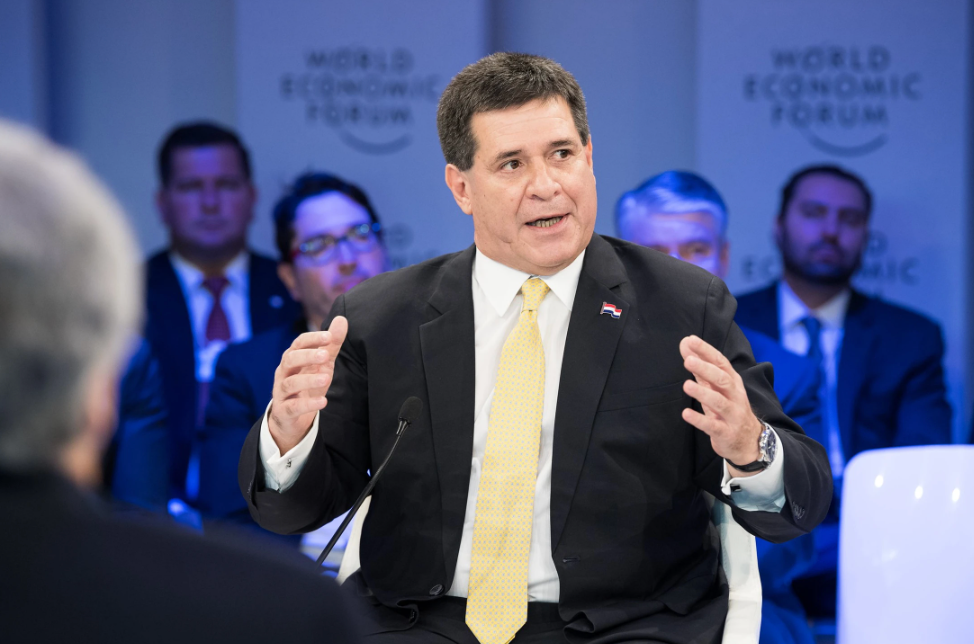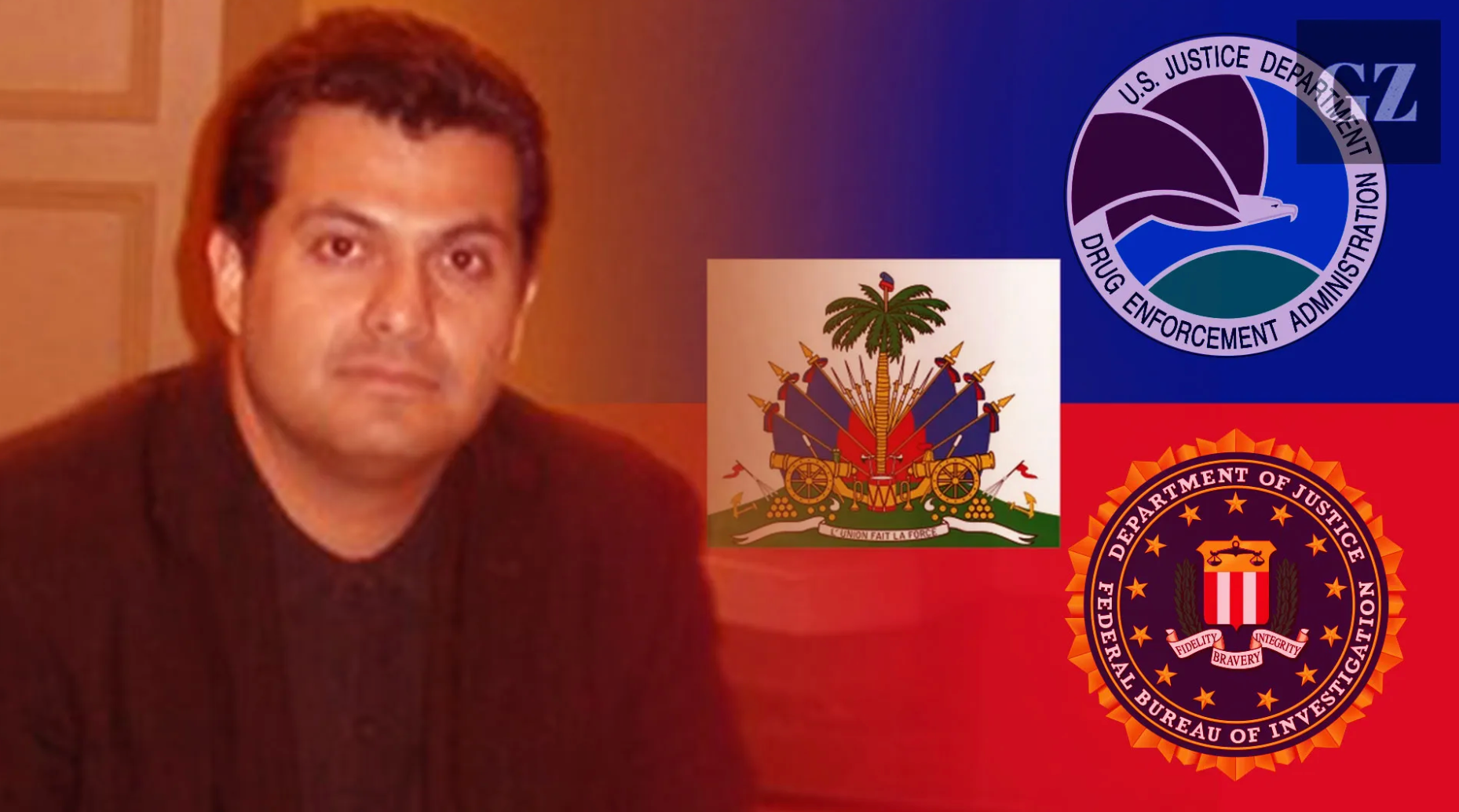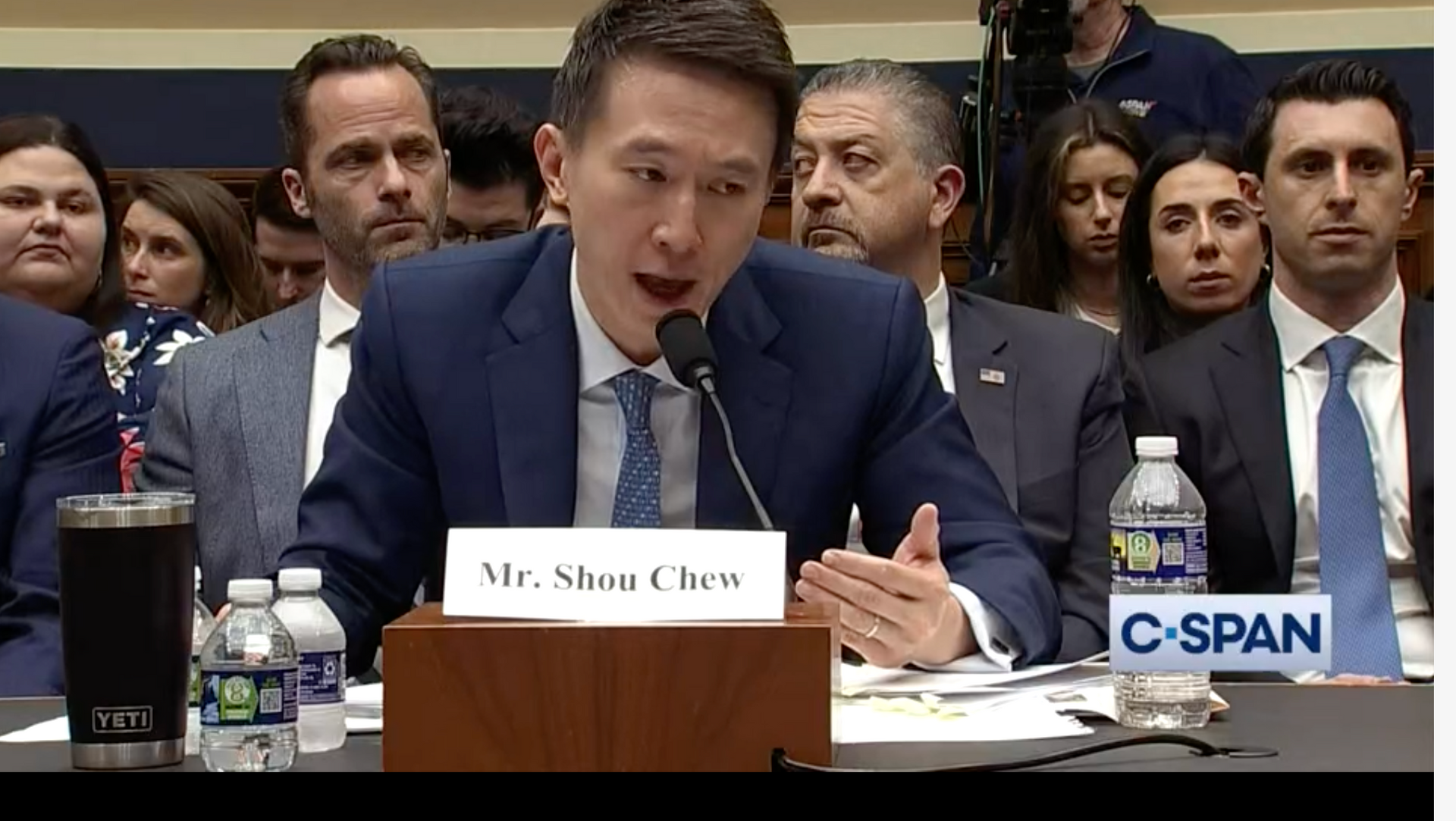The NBA's "Integrity Fee" Is Ridiculous, But Not Unprecedented (Pt II)
May 9, 2018
EU Nations Have a Better System for Regulating Sports Betting
Sports betting has always been highly stigmatized in this country. Hence, when faced with the Pete Rose scandal in the early 90s, most Americans favored a decision that led to more criminalization and prohibition. Consequently, the Professional and Amateur Sports Protection Act (PASPA), which banned the expansion of legal sports betting, was passed in 1992 in a widely bipartisan manner.
On the other hand, sports gambling scandals tend to elicit pleas for more transparency in Europe where most of the market is legal and regulated. That’s exactly what happened in the wake of a €2 million match-fixing scandal in 2005. The German professional soccer league Bundesliga was rocked by revelations that a referee, Robert Hoyzer, had been fixing matches.
That scandal indirectly led to the formation of ESSA (Sports Betting Integrity). This independent organization is funded by 26 legal bookmakers in the European Union. The bookmakers that are members of ESSA share information about suspicious betting information.
Those companies spend a tremendous amount of money on staffing and software to monitor suspicious betting. As a result, when suspicious behavior is discovered, ESSA files reports that are distributed to the proper gaming regulators. ESSA communicates with 20 of the top sports governing bodies, including FIFA and the IOC.
Most Americans are completely unaware of ESSA’s existence. That’s most likely why the NBA has been able to lobby for its “Integrity Fee.” To be brief, ESSA (a non-profit organization) has been expertly monitoring suspicious betting for several years and it has done it with only a sliver of the budget demanded by the NBA.
With that said, the NBA isn’t the first sports league to lobby for an Integrity Fee. In 2010, the French legislature required
bookmakers to pay fees to the respective sports leagues. As a result of that fee and other burdensome taxes, there aren’t many licensed sportsbook operators in France, sixteen to be exact. Thus, roughly 40% of France’s sports betting takes place in the black market.
A few other countries have imposed these types of fees as well and the Asser Institute conducted the most comprehensive study
on this issue. That study didn’t find these fees to be necessary. Instead, it determined that “integrity benefits…could be achieved well outside the framework of private law.” It also came to the logical conclusion that overtaxing the sports betting industry forces much of the activity into the black market.
By the same token, ESSA has found that sports betting is very likely to take place in the legal market as long the government’s taxes don’t surpass 20% of the sports betting revenue or “hold.” Khalid Ali, the Secretary General of ESSA, mentioned several positive models. However, the U.K. seemed to stand above the rest.
Bookmakers in the U.K. are taxed at 15% of the hold. As a result, there are over 200 licensed operators in the U.K. and, remarkably, only 5% of the betting is believed to occur in the black market.
A fully legalized market results in amazing transparency with twofold benefits. Europe’s bookmakers have to follow strong anti-money laundering laws, which help to deter game fixing. That data also helps to provide better investigative leads into suspicious betting.
To be precise, ESSA issued 266 alerts of suspicious wagering last year. These potential scandals involved eleven different sports and spanned every continent except Antarctica. Notably, seven of these alerts involved six tennis matches and one boxing match in the U.S.
Tennis is responsible for the highest percentage (60%) of alerts worldwide and there are a variety of reasons. To name one, it’s much easier to fix an individual sport. Also, these cases almost always occur in the circuits involving poorly-paid players. The second-most affected sport is soccer with 17% of the alerts. Again, these cases rarely involve the major sports leagues. After all, those players generally make way too much money to be corrupted in this manner.
Thankfully, transparency helps to identify potential game-fixing in these lower-level circuit games. There are obvious red flags, such as high levels of action on otherwise obscure games. However, this fully regulated environment allows bookmakers to attach advanced risk profiles to their clients that can trigger alerts from a variety of factors, such as geography, activity levels, etc.
All in all, it appears that PASPA will be overturned and there’s a lot of uncertainty in the U.S. for how to proceed with taxation and regulation. However, the international community offers many lessons for the proper guidelines.
All in all, it appears that PASPA will be overturned and there’s a lot of uncertainty in the U.S. for how to proceed with taxation and regulation. However, the international community offers many lessons for the proper guidelines.
The black market can be practically eliminated as long as the taxes are reasonable. That will create substantial transparency and drastically improve sports integrity. Also, there’s no need to impose an Integrity Fee on behalf of the sports leagues. Those efforts can accomplished for a fraction of the price and most of the costs are already absorbed by the bookmakers.

For the last two decades, while U.S. forces occupied the country, Afghanistan has been the epicenter of the world’s opium production with roughly 90% of global supply. After American troops withdrew from the country, and with the Taliban in charge, Afghan opium production drastically declined. There were an estimated 6,200 tons produced in 2022, as opposed to 333 tons in 2023, according to the United Nations Office on Drugs and Crime (UNODC). That may surprise some readers as the Taliban have been credibly linked with the heroin trade. The UNODC estimated in 2009 that the Taliban generated $155 million per year from Afghan opium. They weren’t traffickers but they forced traffickers and farmers to pay a “tax” in their territories. Even though those were handsome profits, the Taliban were relatively a minor part of a massive black market worth then roughly $3 billion annually. History shows that the Taliban’s policy on opium has shifted from time to time depending upon their circumstances. An opium ban in Afghanistan seems to fall in line with the Taliban’s tyrannical fundamentalist Islamic modus operandi. However, it also benefits those in power. Several Afghan warlords derive much of their authority as a result from black market profits. Hence, whoever controls the opium trade, or lack thereof, in Afghanistan holds all the cards in a country where the average annual income is 378 US dollars. After the Taliban gained control of Afghanistan in 1996, they struggled to find international recognition. Therefore, the Taliban killed two birds with one stone when its former leader, Mullah Omar, issued an opium ban in July of 2000. That edict was beyond effective. According to UNODC estimates, Afghan opium production dropped from 3,276 tons in 2000 to 185 tons in 2001. The U.S. State Department even approved $43 million of humanitarian assistance for the Afghanistan government just months before 9/11 due to its strong counternarcotics efforts. After 9/11, the Taliban’s power decreased but didn’t cease. America installed a deeply corrupt transitional government. In turn, opium production escalated exponentially. America sided with militias entrenched in the opium trade who opposed the Taliban, such as the Northern Alliance. But, the Western media has only reported in drips and drabs about the U.S.-allied politicians/warlords who have been far more prominently involved in heroin trafficking. The corruption ran to the top. There are too many flagrant examples to list concisely, but notably, a man carrying 183 kilos of heroin was released by the police because he was carrying a signed letter of protection from Afghanistan’s drug czar, General Mohammad Daud Daud. Wikileaks revealed that former President Hamid Karzai once pardoned five police officers who were captured with 124 kilos of heroin. Even Hamid Karzai’s half-brother, Ahmed Wali Karzai, was a known drug smuggler who had been on the CIA payroll for years. Practically the entire Karzai administration was on the CIA’s payroll all while the agency knew these officials were drowning in drug money.









